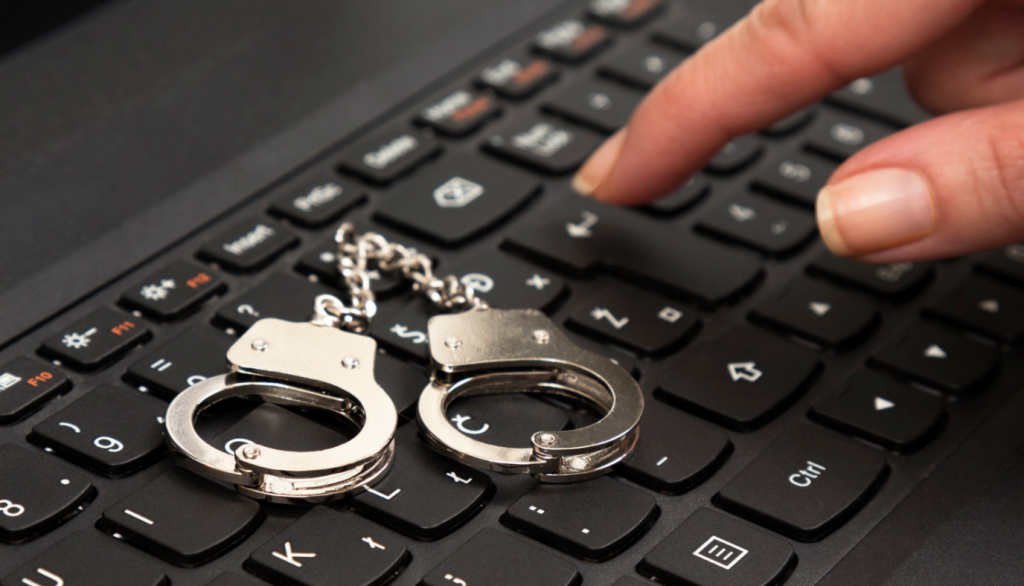The recent rash of mass shootings across America has renewed the argument over whether or not phone makers should be giving law enforcement keys to unlock phones. While companies and privacy-rights groups are fighting hard to prevent this from happening, and for good reason, their refusal to cooperate may be giving people a false sense of security. Let’s take a look at how cops can still access phones even if they can’t get past the password.
Fingerprint Scans
Did you know that someone’s fingerprint can still unlock their phone for up to 48 hours after their death? It’s also not that difficult to get a fingerprint from a person of interest from indirect means in order to use it as well. Consequently, fingerprint locks are not as secure as most people think, and they should seriously consider using it as one of multiple layers of protection. Take advantage of features such as retinal scans, voice recognition and good passwords if you’re worried about your phone being opened by the wrong people.
Hacking
When Apple refused to give the FBI access to their software so they could unlock phones, the FBI decided to pay a hacker familiar with Apple’s code to do it instead, and they were successful. While the vast majority of people out there don’t have to worry about law enforcement spending a lot of money to crack phones, this incident illustrates that this technique works, and it can be used whenever the need arises.
The Cloud
While phone access may be difficult to obtain by anyone other than the user, the same can’t be said for all of the user data that gets stored in the cloud. While we have a great deal of control as to information we share, back up or store, there are still plenty of personal details that can wind its way out of our phones and into the ether. Data in the cloud is usually fair-game for law enforcement, and they can get a lot of intelligence about you simply by looking in the right place.
Speaking of back ups, it’s also very easy to access a computer that has been used to transfer or back up data from phones. The same could be said for memory cards and USB flash drives.
Other Users
Another trick used by law enforcement is to examine the phones of people that you have been in communication with. Some of these records and data can be just as useful as what’s found on a phone they can’t access. Consequently, it’s really important that you’re careful with what you text or share.
We’re not trying to teach you how to evade law enforcement, and we hope that you don’t use this information for that purpose. However, it’s important to be aware that just because cell companies are refusing to make it easy for someone to access your phone, it’s still possible to get that information and use it against you. Be vigilant and careful with what you are doing with your phone, because your whole life can be just a few keystrokes away from being exposed.

